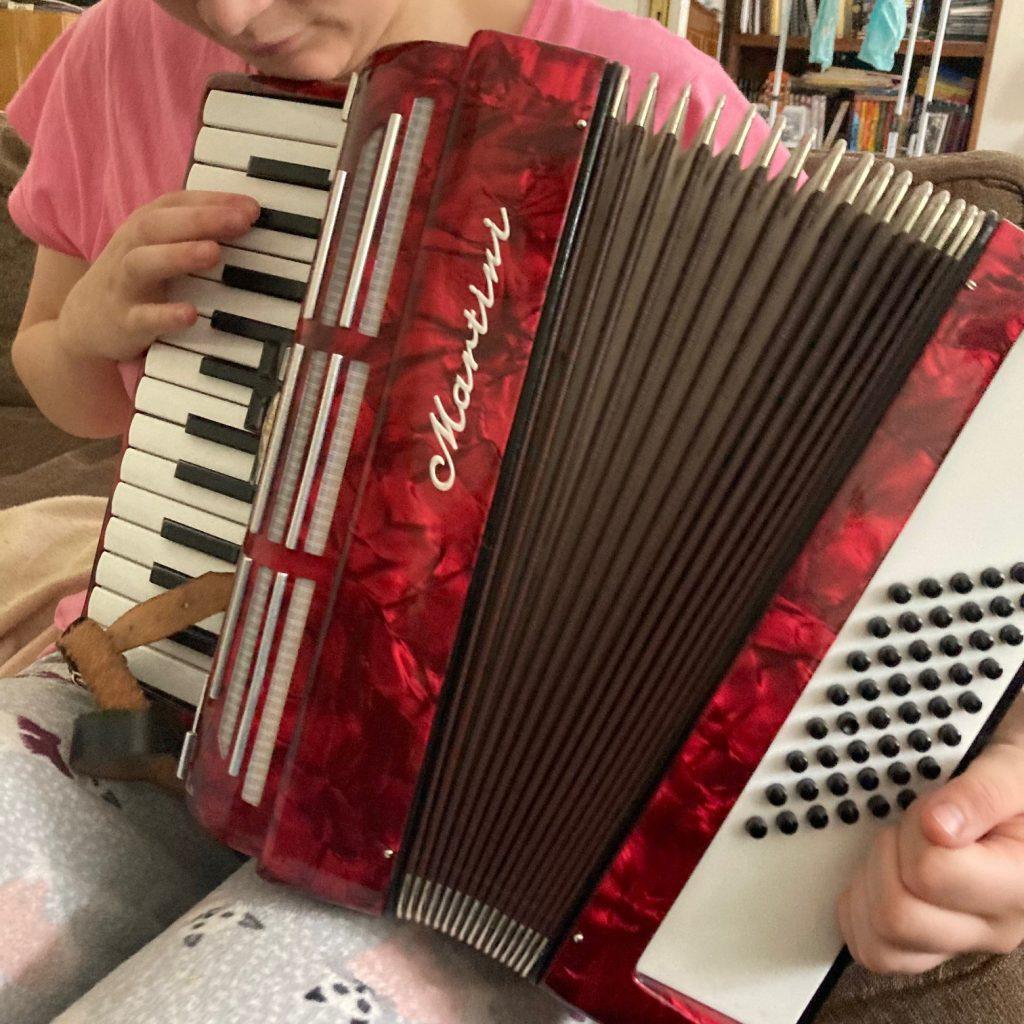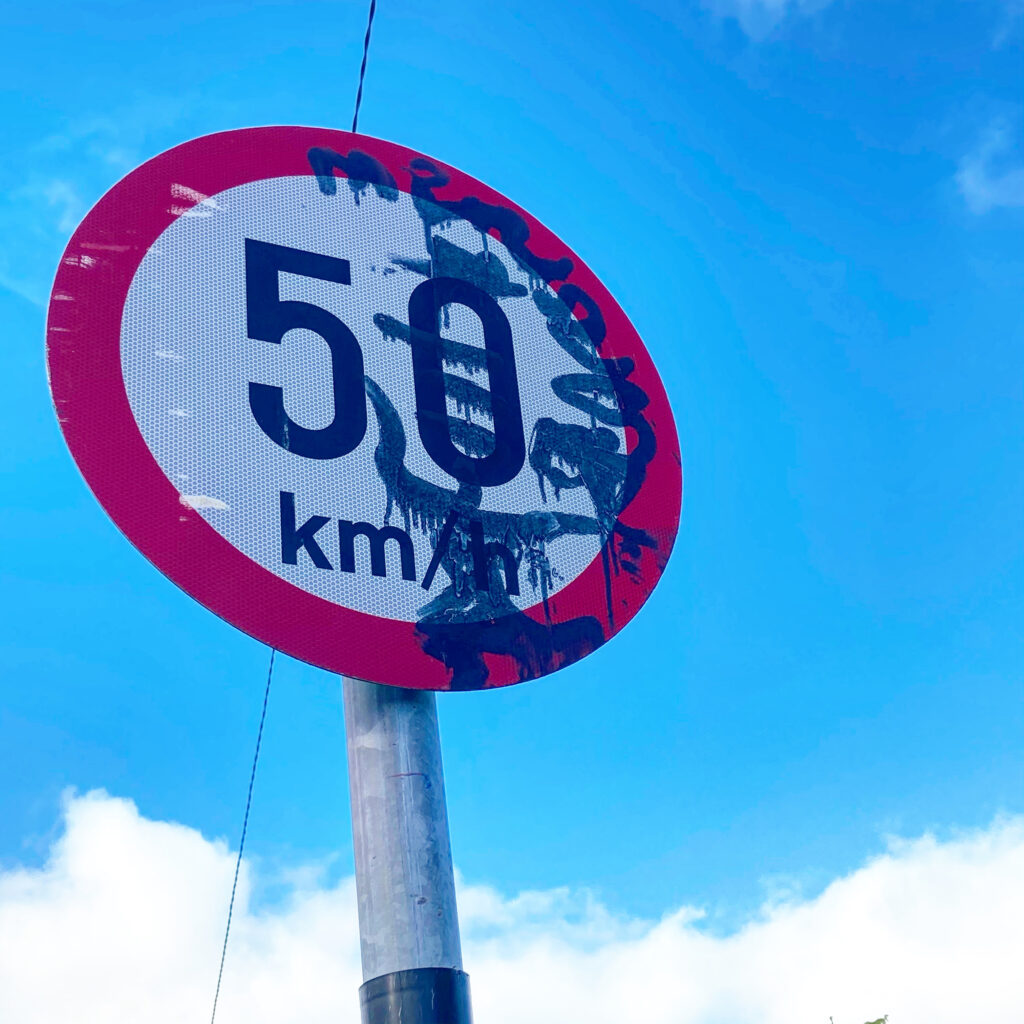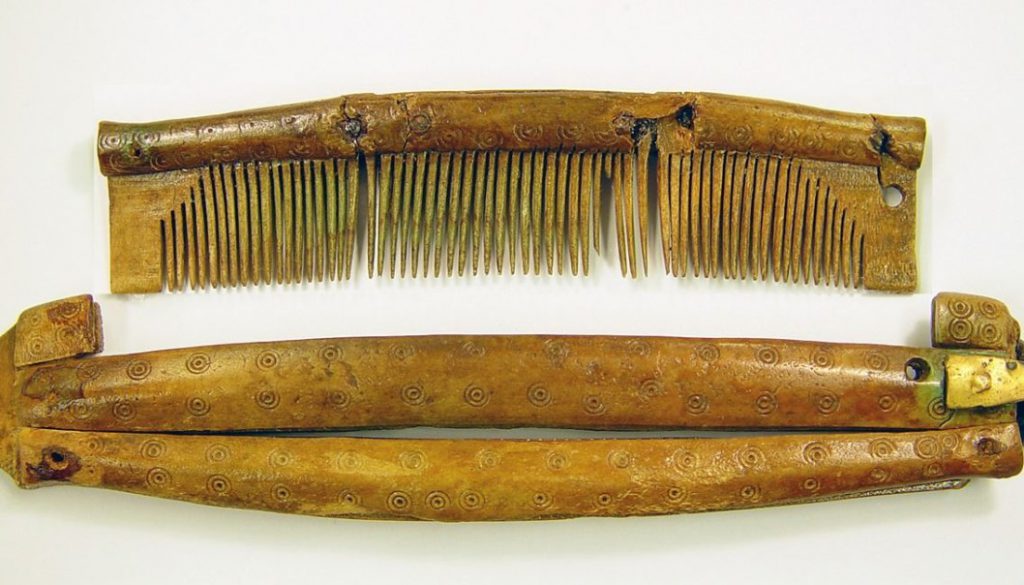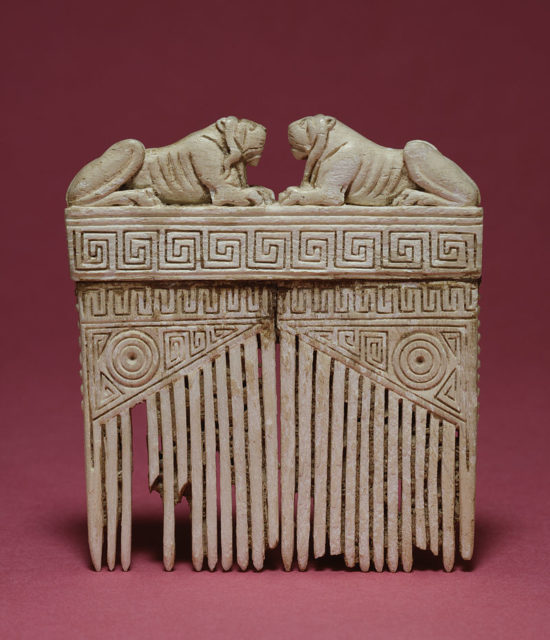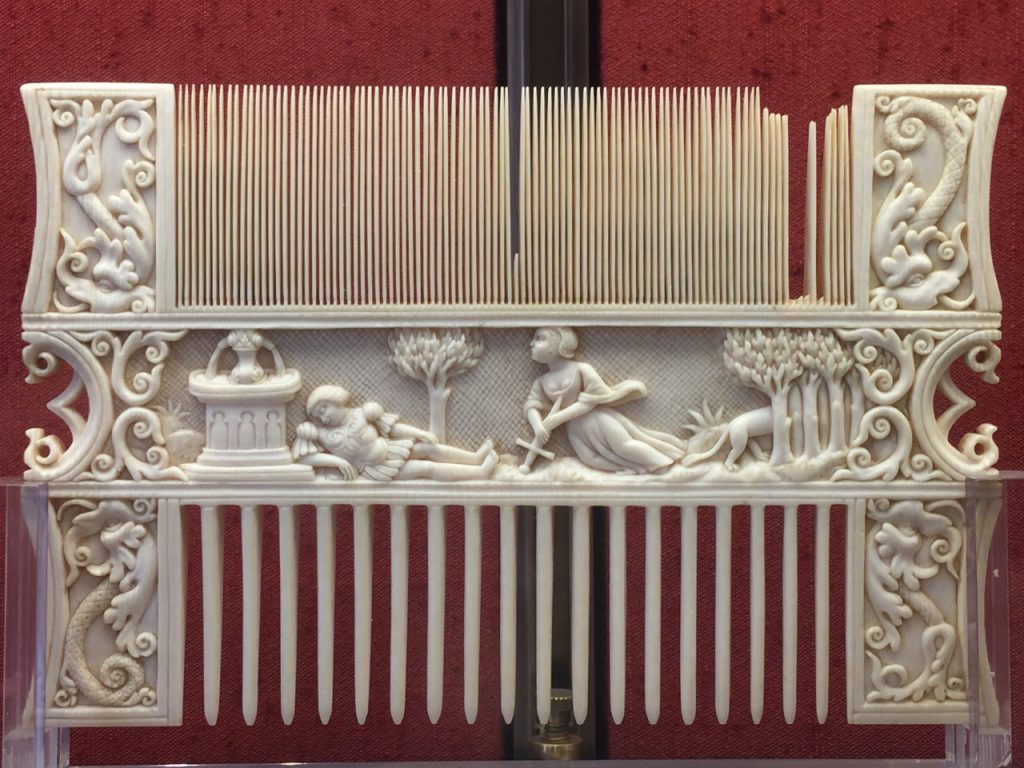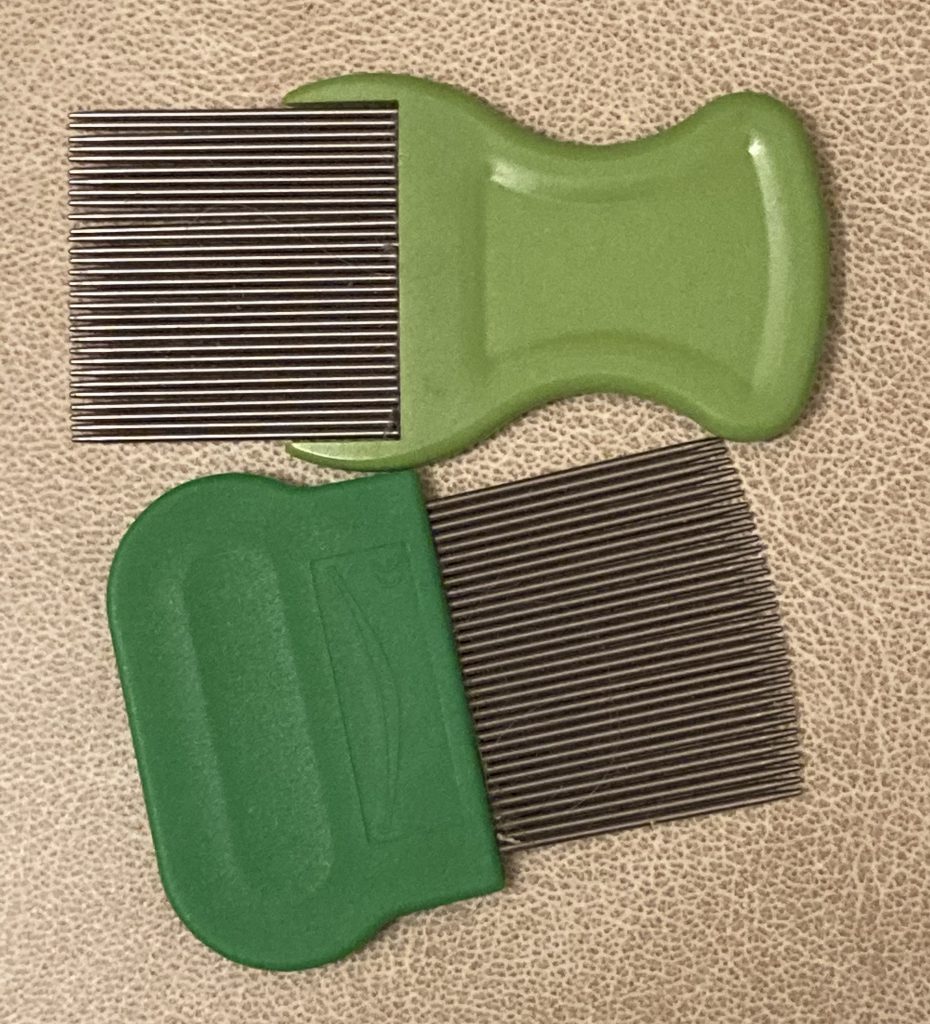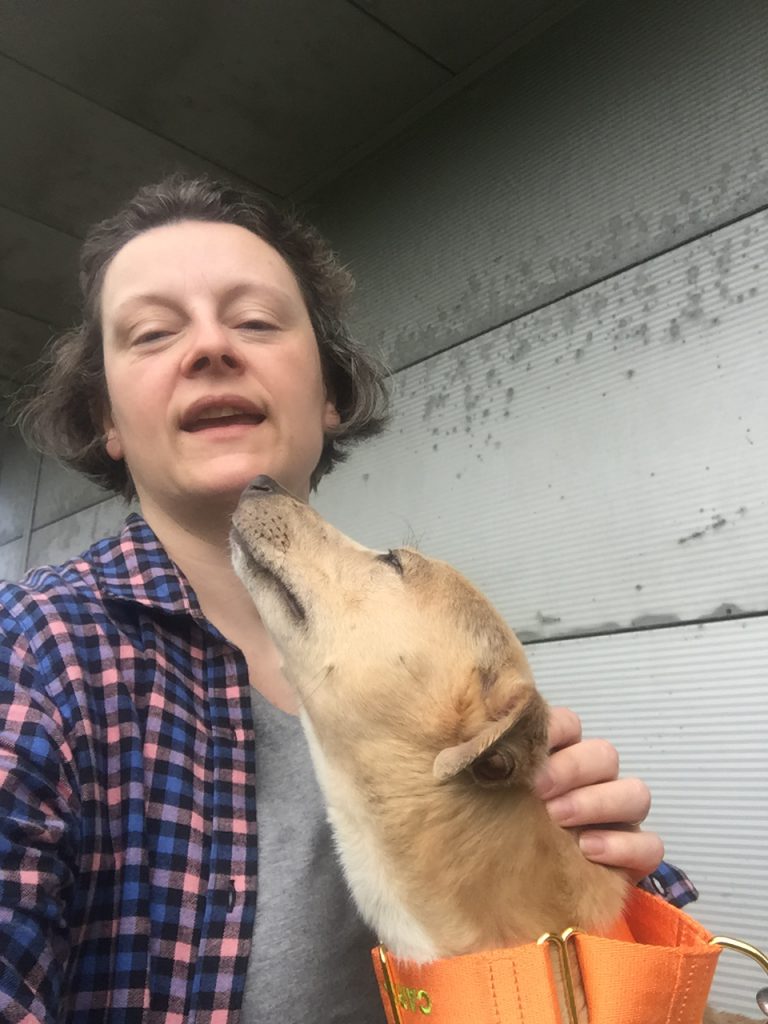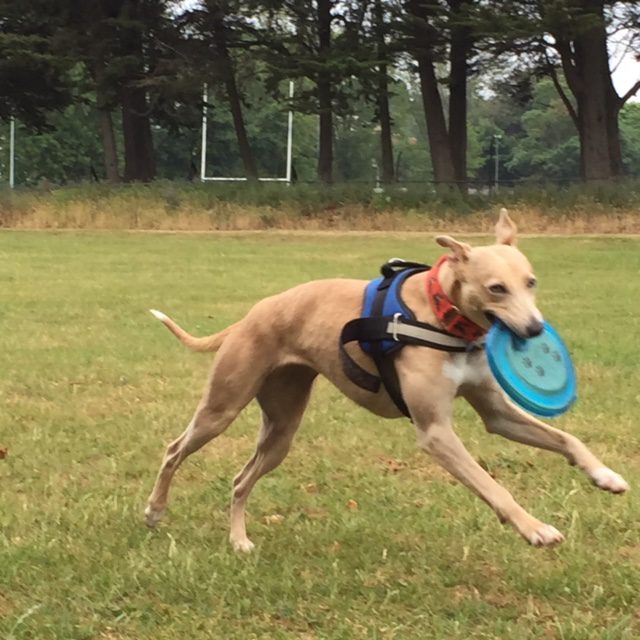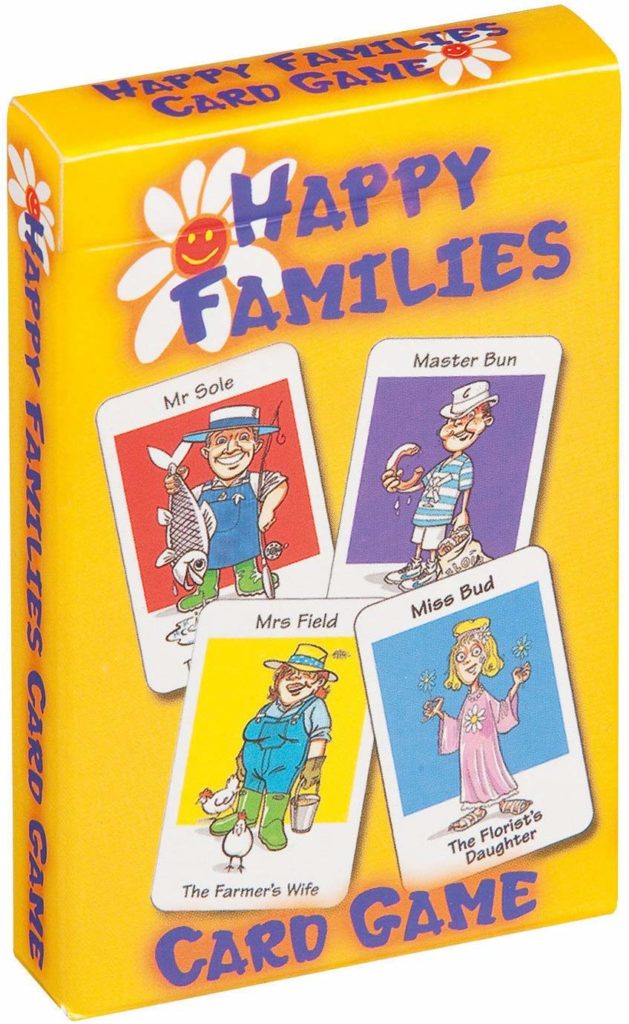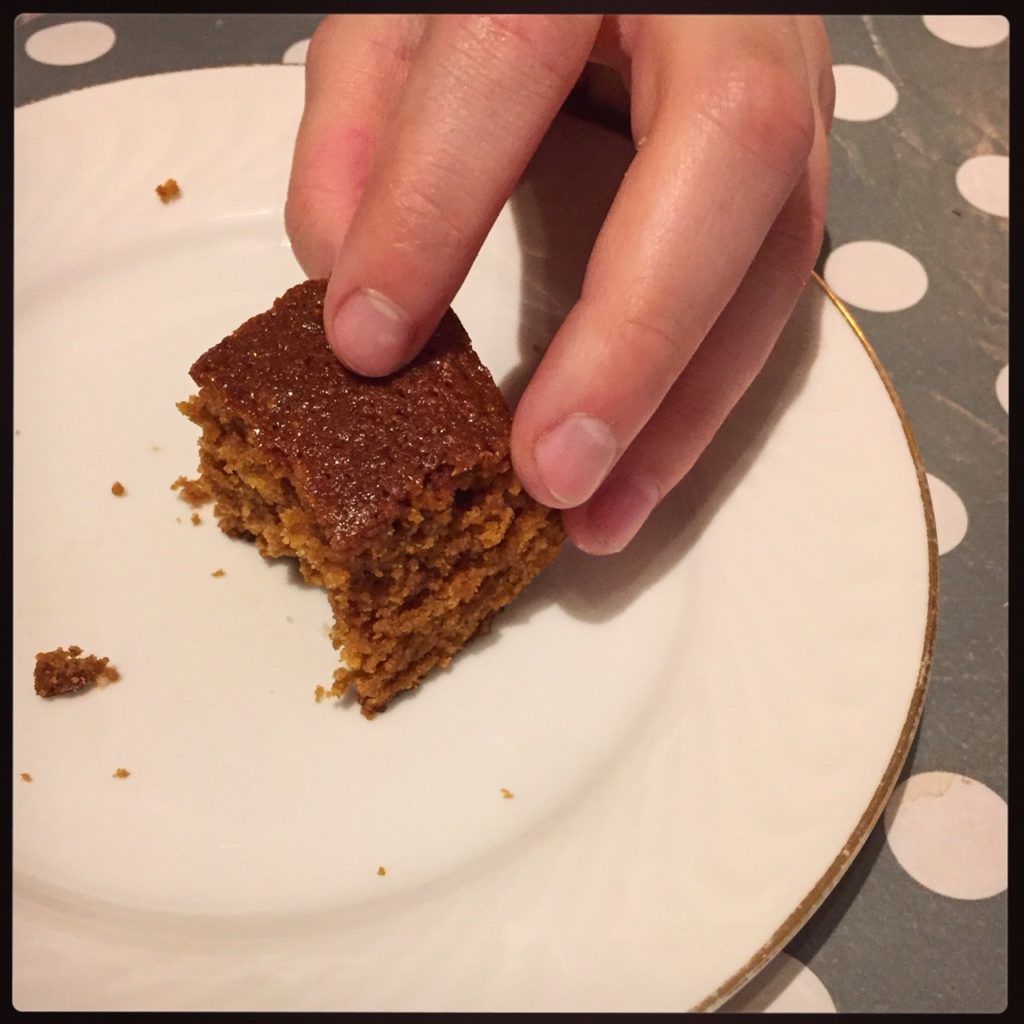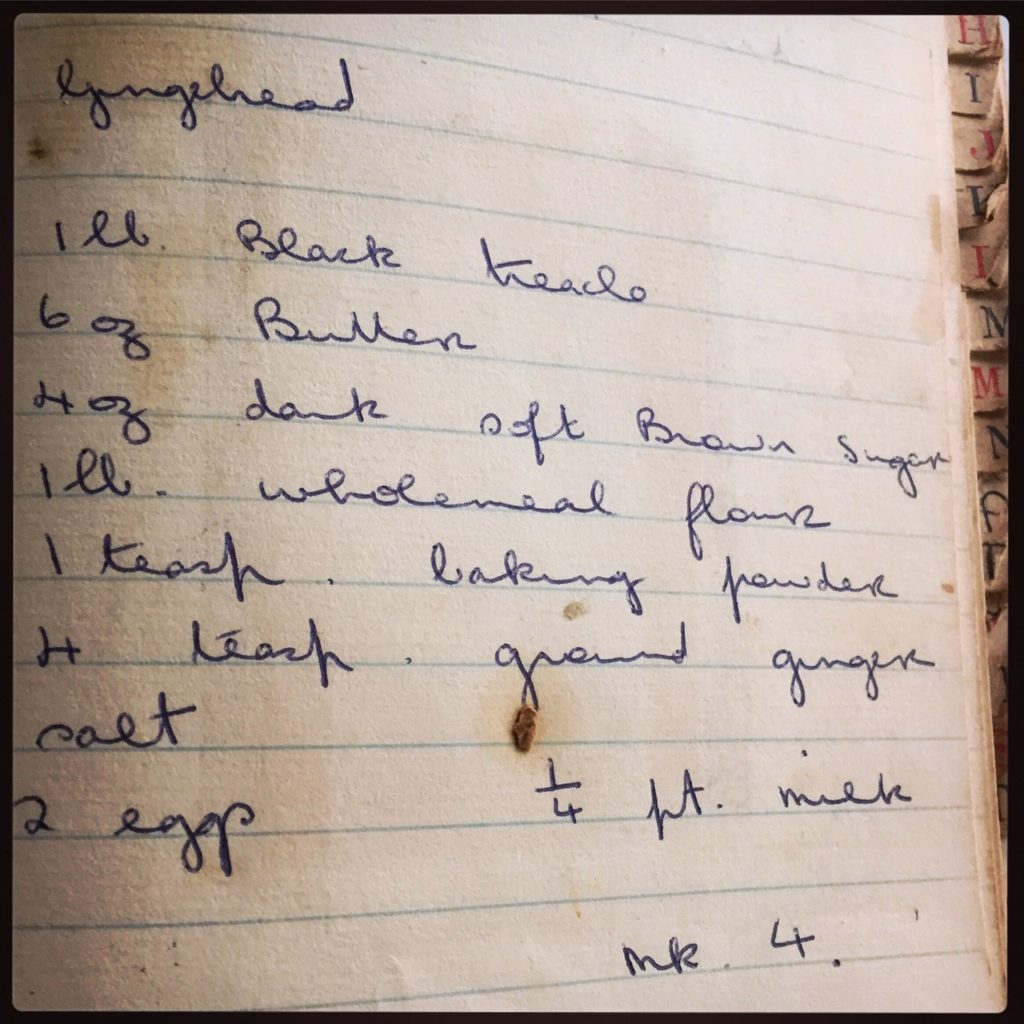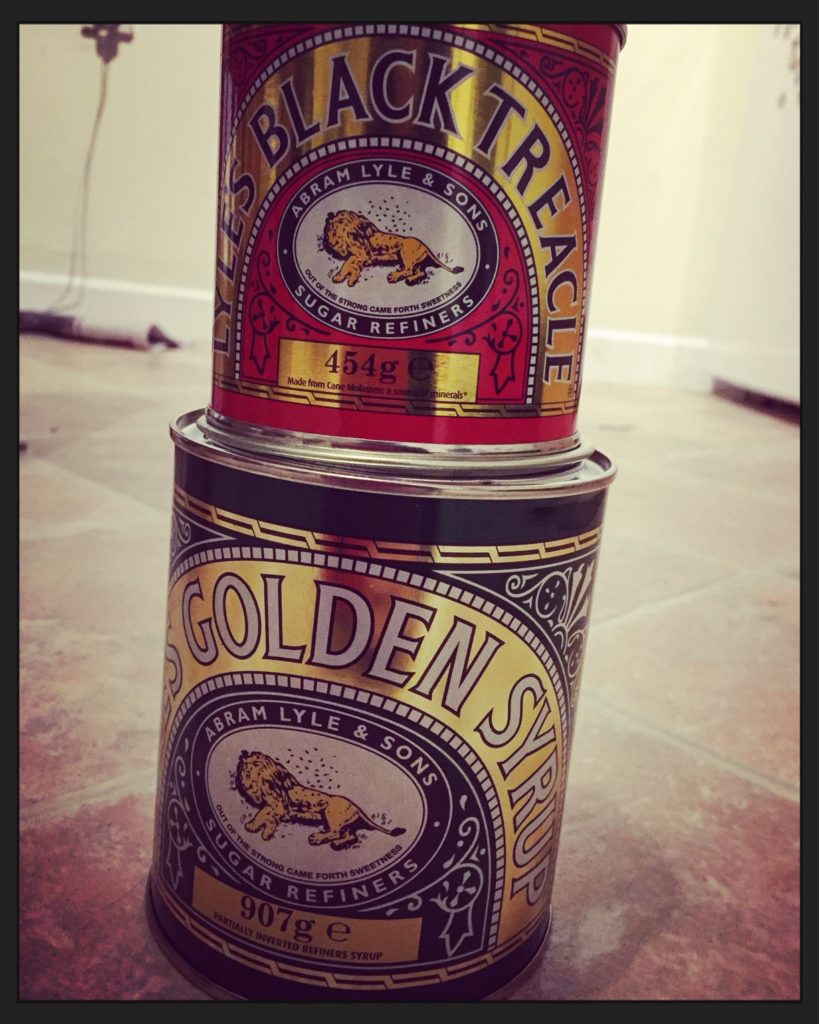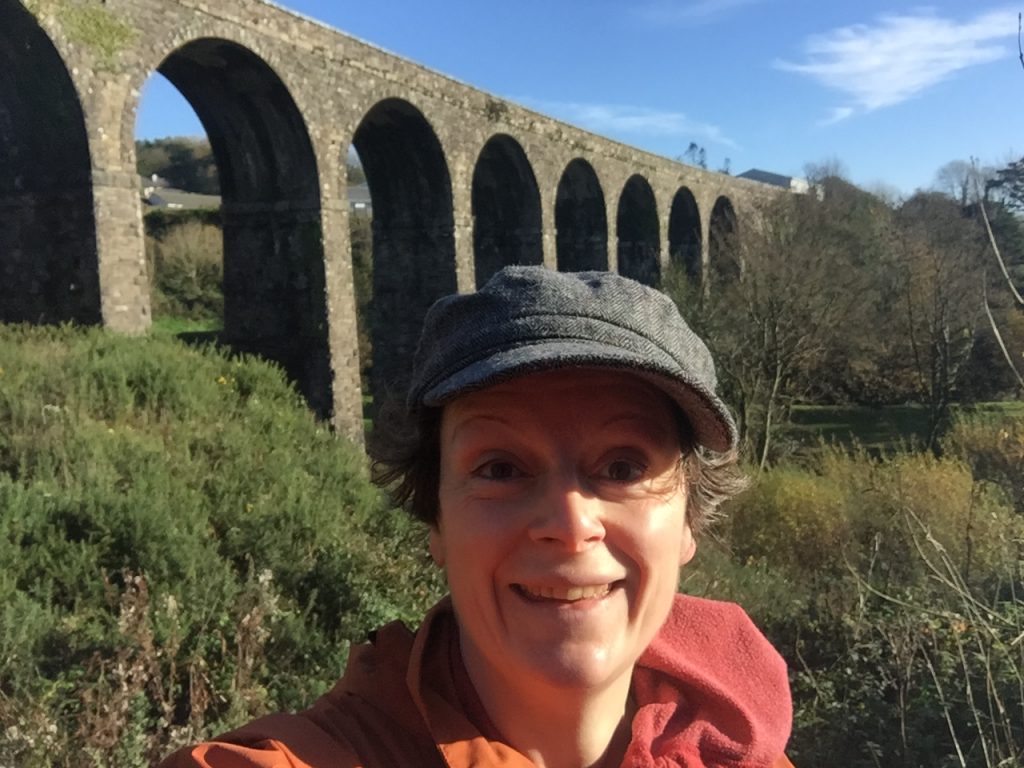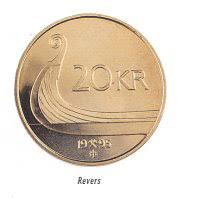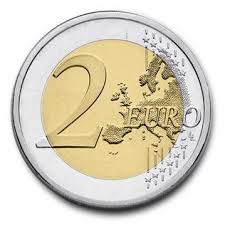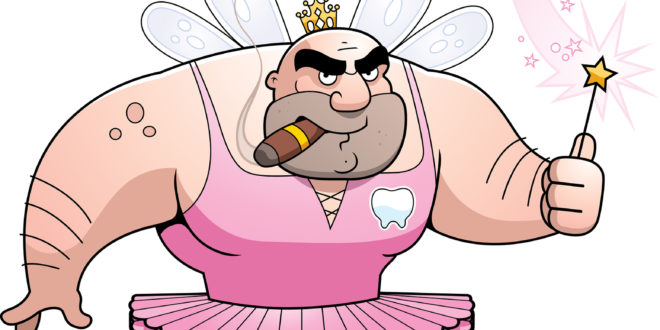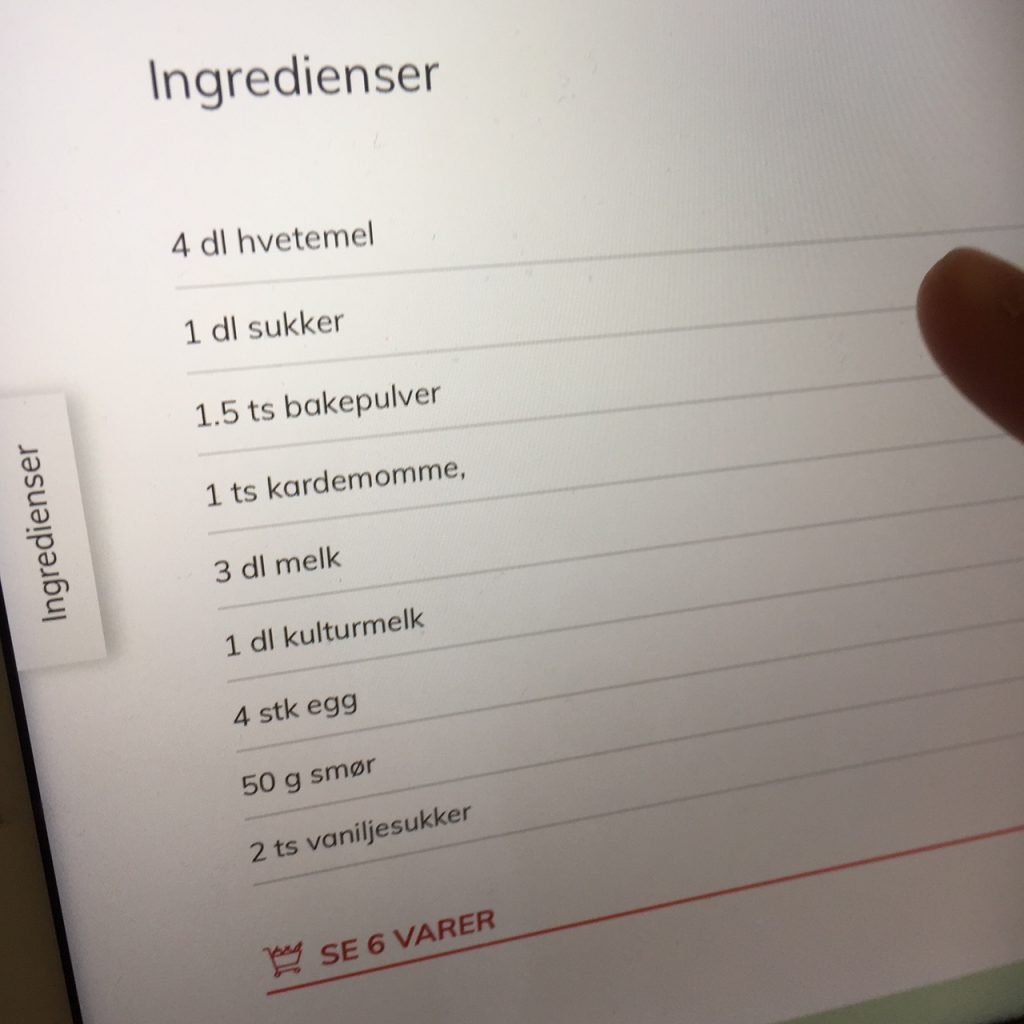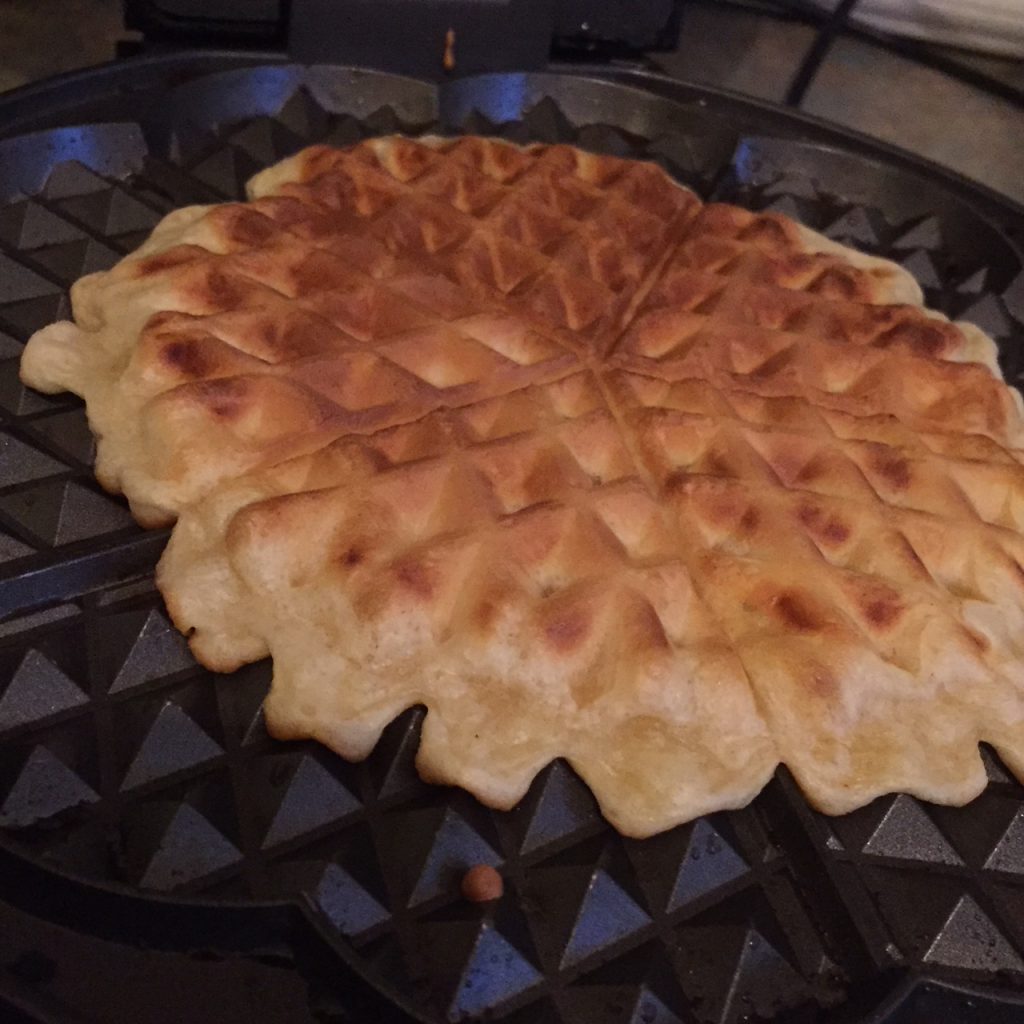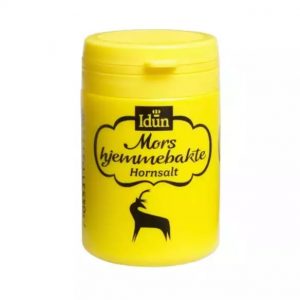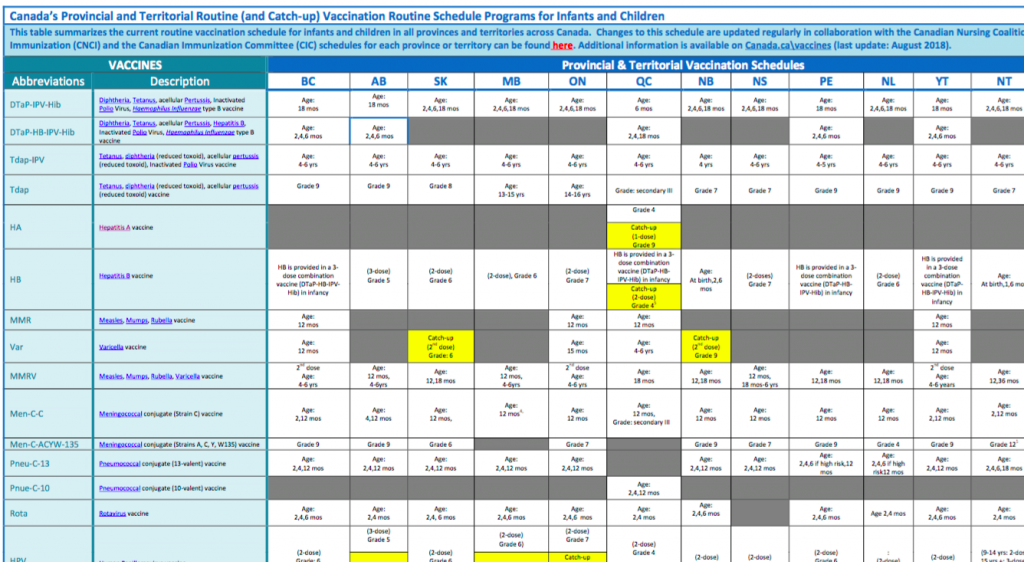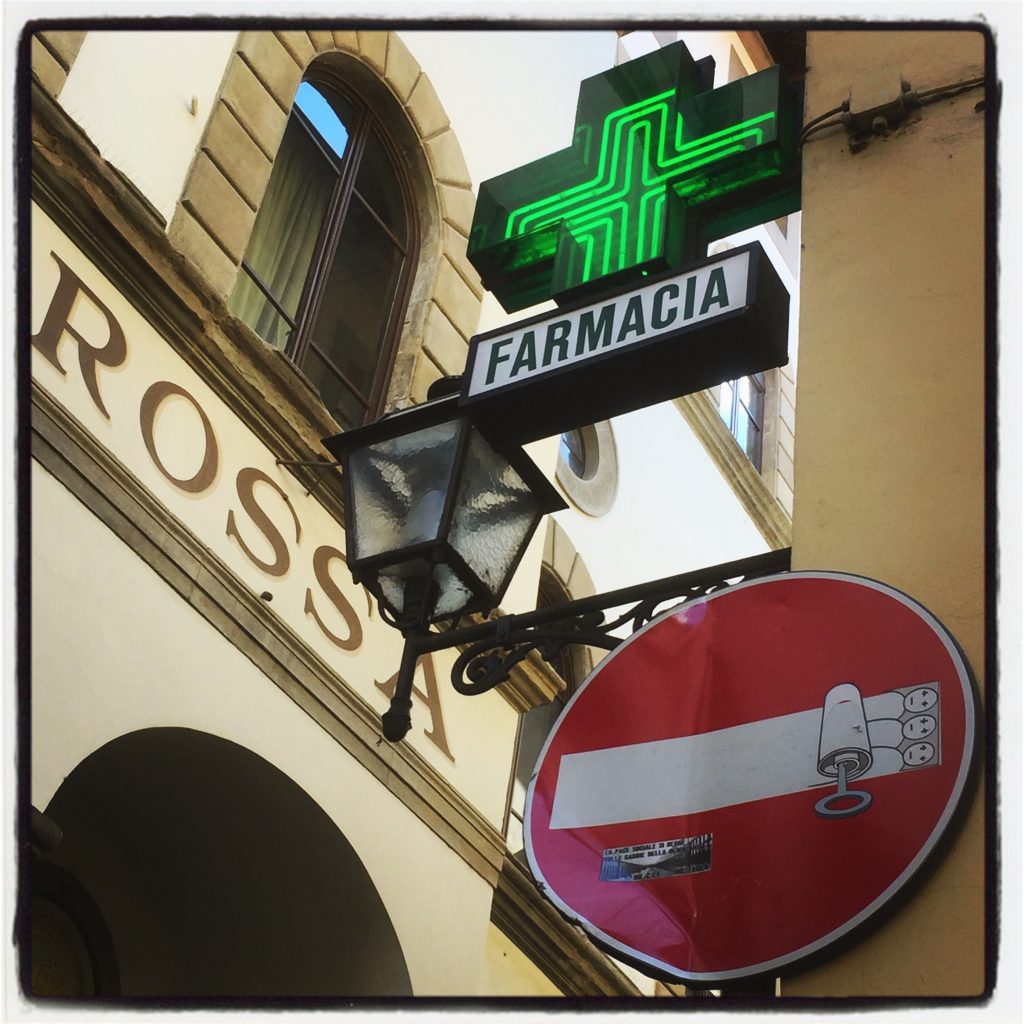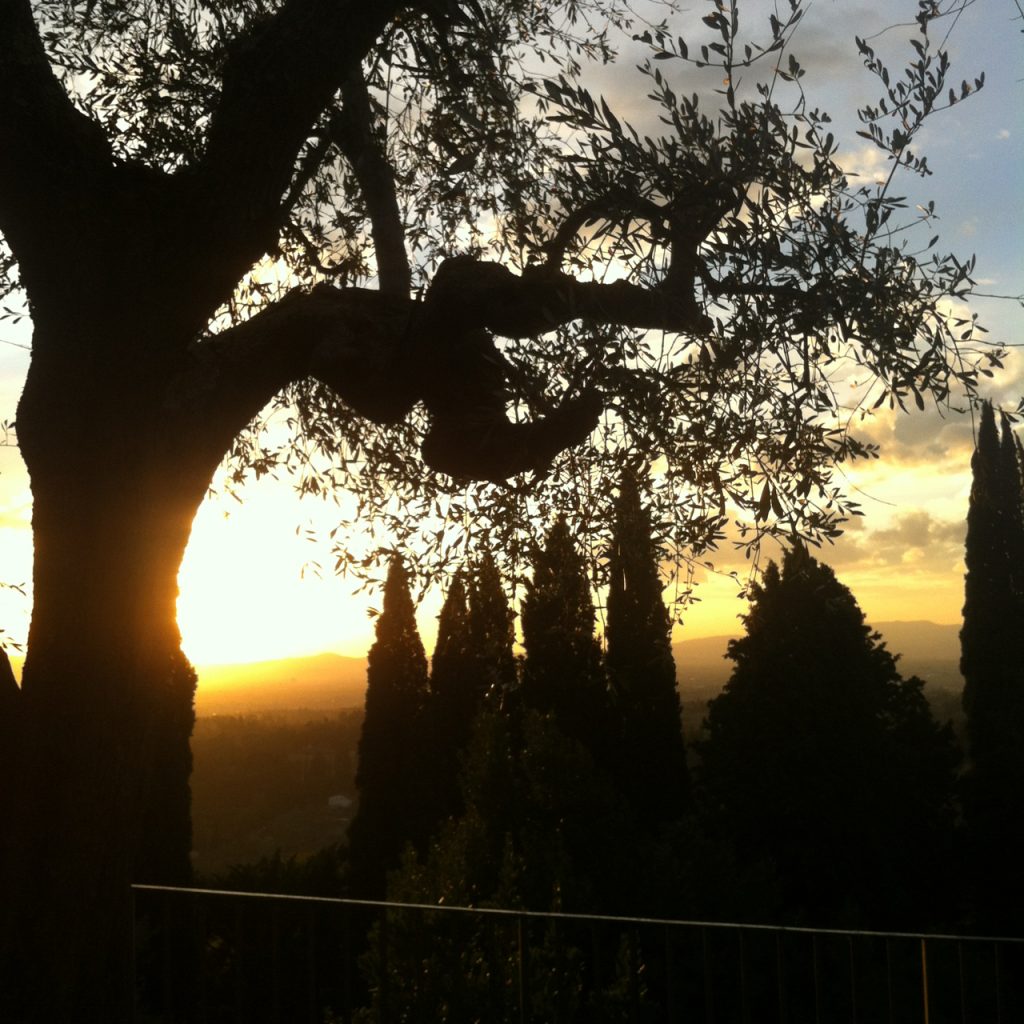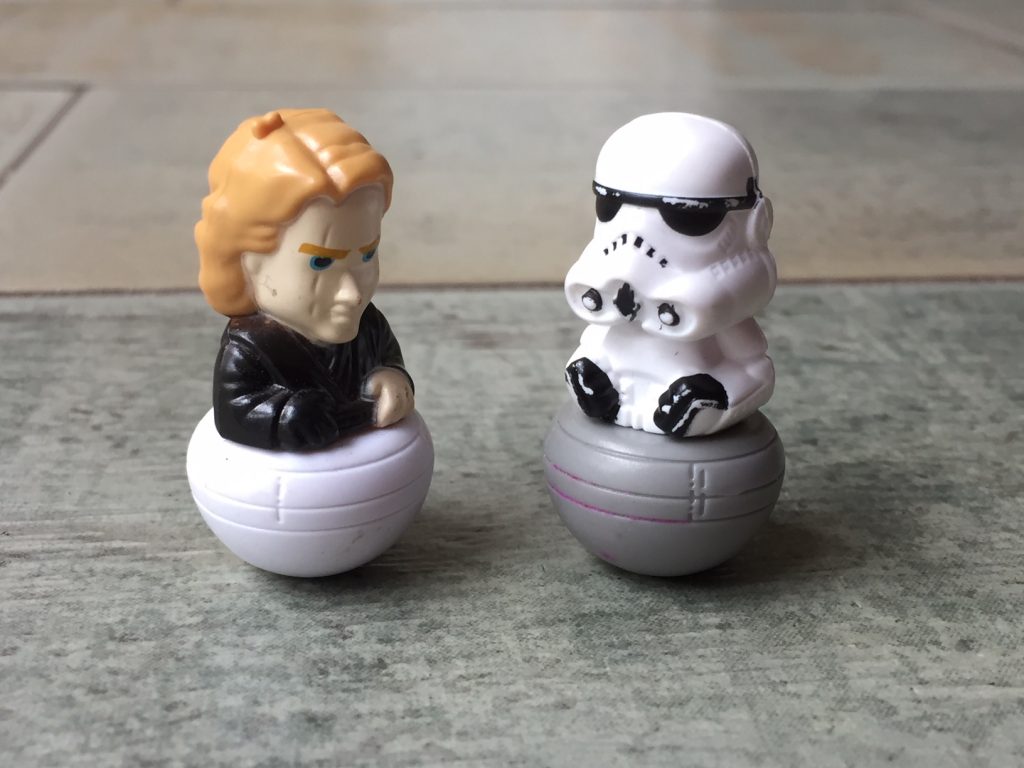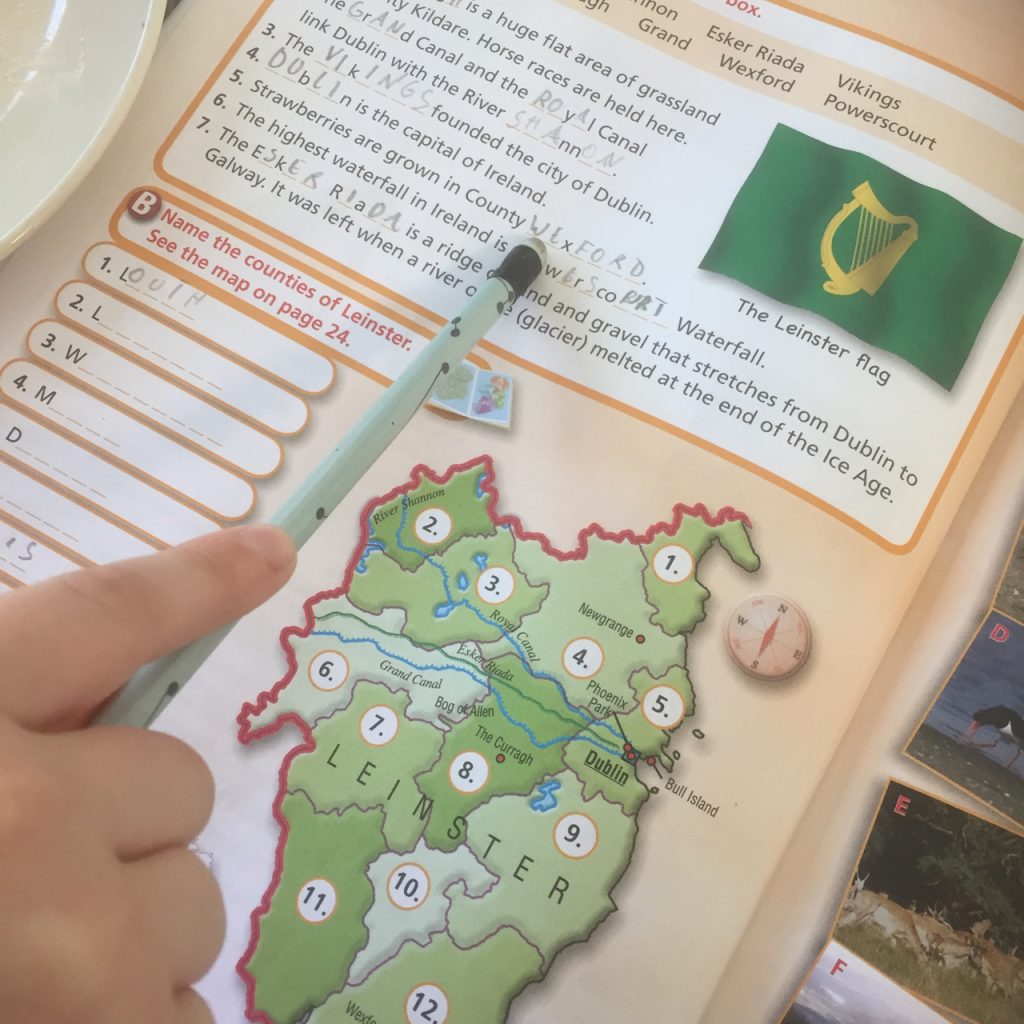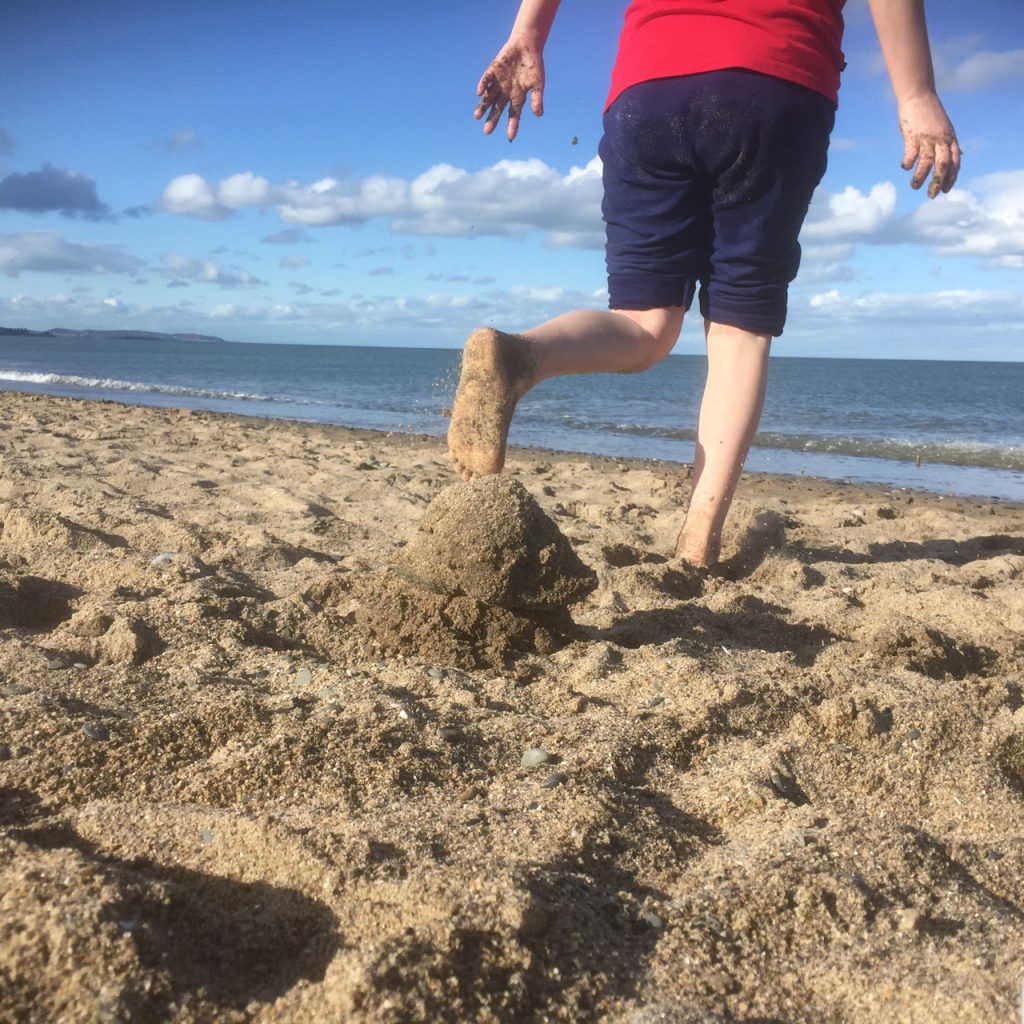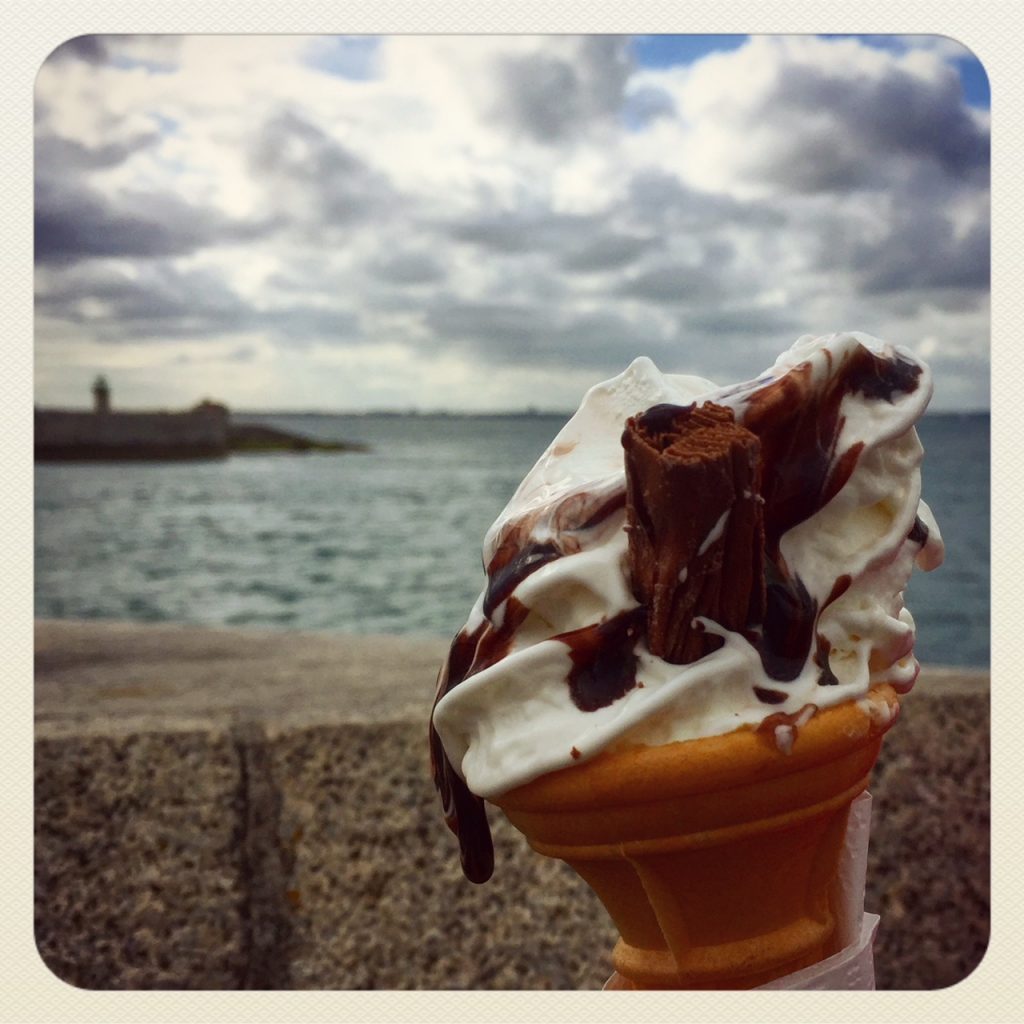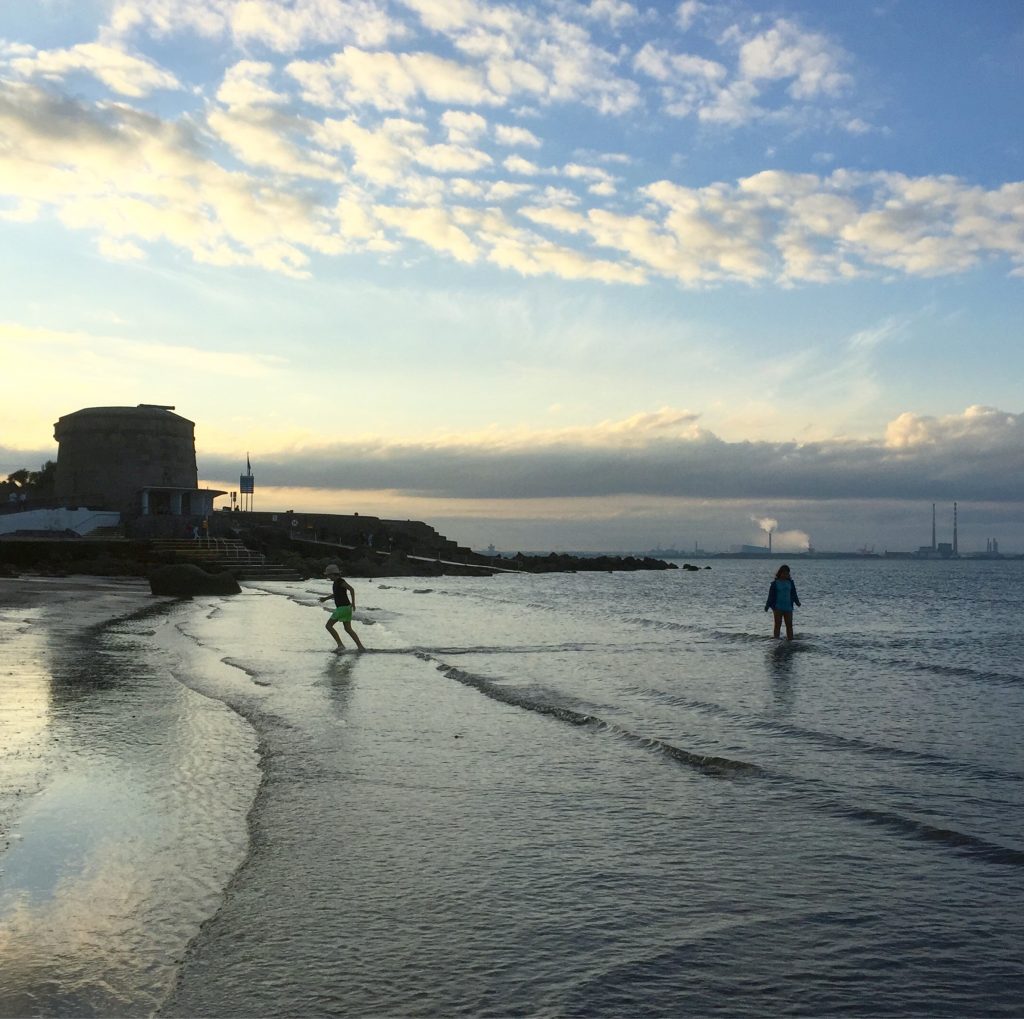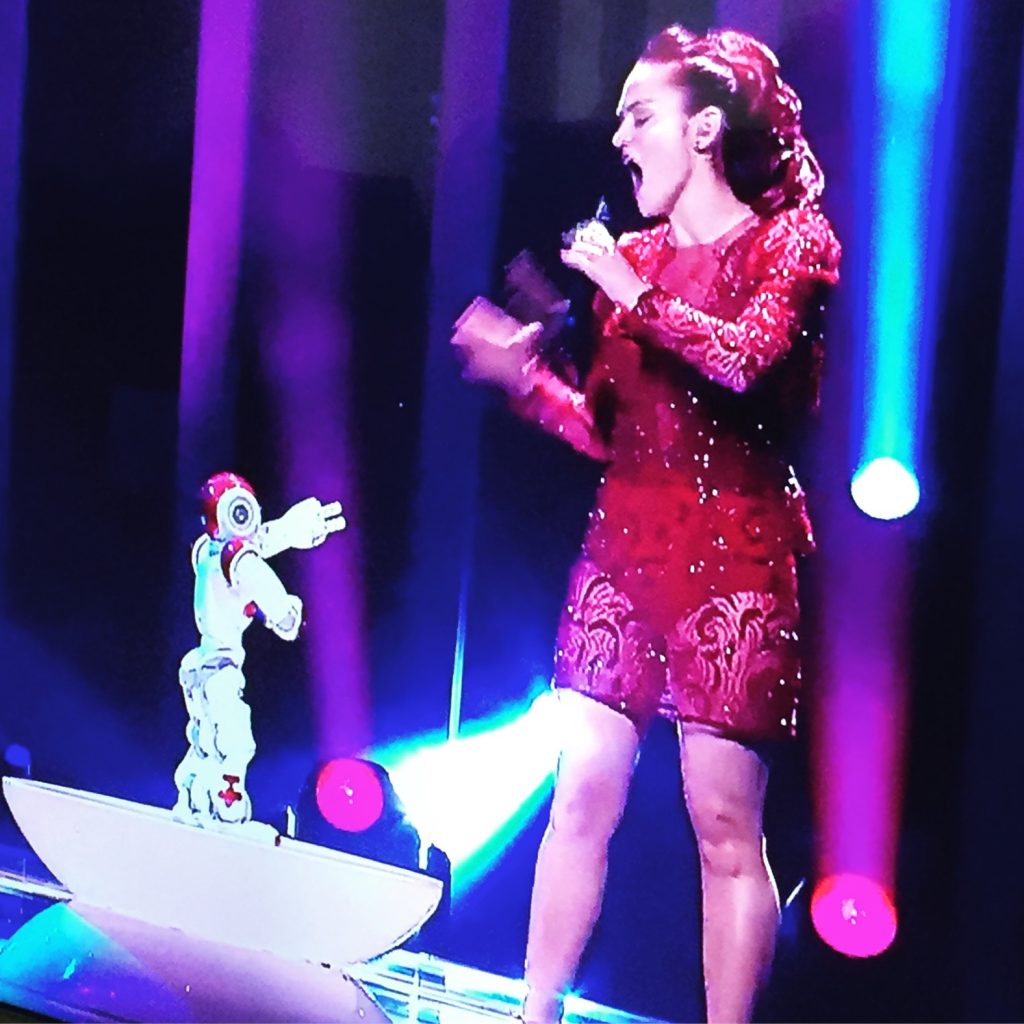I wrote down this tale of an accordion looking for a new life, and I told it at a storytelling event in Belfast last November – the wonderful Tenx9 monthly event. The theme was Small World, and so the story started with a classic coincidence that can only happen among Irish people. But the theme managed to fit so well with how the past and future of this family accordion tied deeply with my own time with it and its new chapter now.
My telling of the story was recorded by the BBC Radio Ulster and broadcast in June 2023. You can listen to it here, or read it yourself below.
https://www.bbc.co.uk/sounds/play/p0fr7t46
Small World
If you’re Irish, you’ll have more than a few stories of mad coincidences and bizarre meetings with people who are connected, somehow, to you. It takes just a few minutes to make the link.
My story tonight starts with one of those “small world moments”.
My family and I were to travel to Canada in the summer– to visit my husband’s family. Two days before we fly, I’m running around south county Dublin doing last minute jobs. One of those jobs is to call into my local chemist to pick up all the prescriptions I need for the trip.
I get chatting to the woman behind the counter – as you do (cos if you didn’t what would be wrong with you?).
The woman in the chemist is called Carmel and when I tell her we’re off to Alberta for the summer, her face lights up.
- Oh I love it out there, she tells me. I’ve been to Alberta and BC lots of times over the last 30 years.
- Have you? I ask.
- Oh yeah, my sister lives in BC, she says, in Kelowna.
- I know it, I tell her, I’ve been through a couple of times.
Then I pause, and next thing, I hear myself saying:
- Your sister wouldn’t be married to a fella called John would she?
- She is! John, yeah!
- I think I just met a friend of John’s there, I tell her. Derek. I was at his house like an hour ago. I was telling him I’m off to Canada and he telling me how much he loves Kelowna! And his best friend lives there.
- Ah sure I’ve known Derek for years, says Carmel, a big smile on her face. You just met him now? How’s that?
And I tell her that I had gone to visit Derek to hand over to him my family’s old piano accordion so he might find a way to pass that on to a Ukrainian musician somewhere in Ireland.
So let me tell you that story, the real story.
When Ukraine was invaded and waves of refugees started to land on our shores, many of us felt an overpowering need to help them. How would we feel about being washed up in a new country, what might we miss from, what could help them feel a little more like themselves in this exile they never expected.
And something drew my eye to the old family accordion that sat on the floor in its hard case outside my bedroom. That’s all it was doing, sitting there, getting bumped into or acting as a receptacle for laundry resting between the hot press and someone’s bedroom. There was no space for the thing under our bed and it wouldn’t survive the damp in the attic.
Every day we looked at it but we didn’t see it. And sure as heck, no one was playing the poor thing.
My parents bought the accordion about 40 years ago when my brother had his “try every instrument” phase. It lasted even less time than the trumpet and the guitar, and joined them in the family’s attic for years. Fast forward 20 years, and I was living in Toronto and had just gotten all into playing traditional music. Irish. The tin whistle wasn’t challenging enough for me so I thought I’d drag the accordion out of the Dublin attic and bring back to Toronto. It was a beautiful shiny burgundy colour, heavy, with pristine keys and all sorts of buttons and a big bellows. I bought a book of chords, learnt about 3 of them, loved the deep loud sound coming out of it… And that was about as far as I got.
Every couple of years I’d pull it out, fiddle around, knock out a few simple tunes before gently putting it back with a sigh into its velvet-lined box. I carried it from home to home as we moved and our family grew, from Toronto to eastern Canada, to Norway and Italy and eventually back to Ireland again. Back to where it started off and arriving long after my mother – who first bought it in Walton’s off Parnell Square – had passed on.
For all those years, that beautiful thing I never learned to play has been mine, but I have never really been “its”.
And here we were in 2022, and I couldn’t stop thinking about how some Ukrainian, stranded somewhere in Ireland, must be sorely missing a beloved instrument, left behind in a dash for safety. It’s an instrument found in many music traditions, but I was thinking of polkas and eastern expressive laments that might be there to come out of it.
E. Annie Proulx’s magnificent novel, Accordion Crimes, tells a variety of immigrant experiences in the US through the tale of a single green accordion as it passes from owner to owner. I’ve carried my family’s accordion through my own immigrant life (an immigrant by choice, not through exile), and now it was time for it to move to new hands. Hands that might actually respect it and play it!
I think now, this quiet family member that travelled thousands of miles with us was just biding its time, letting us mind it until it could finally meet a proper musician.
And this is where Derek comes into the story, again – that’s the best friend of the sister in law of the woman in the chemist’s shop!
I found Derek on Facebook, where he helped set up a group called The Gift of Music for Ukrainians in Ireland. They put out a call in the spring for anyone wanting to donate any instruments that were “unused and/or unloved”. The response from the Irish public was overwhelming, and within a few months they had 600 members, people offering free music lessons, as well as vans to drive up and down the country with cellos, harps, pianos, half sized violins and lots of guitars. They have already helped 200 different Ukrainian families.
Apparently Ukrainian children start early – and very seriously – with their musical training. One 18-year-old boy decided to learn guitar from YouTube with a donated guitar, and the video he sent back showed an astonishing talent.
When I showed up at his house, Derek showed extreme concern that my offering to the group was really voluntary, didn’t the accordion have all this history for us, wouldn’t we miss it? To be fair, it did turn out to be a bit difficult to wrench it from the invisible grips of the family. I tried to sneak it out to the car, with firm words at the ready “this is my accordion, this is what I want to do with it”, but still I let my younger daughter have one more go. I watched her right-hand fingers feel the keys, working out a tune she knows on the piano, asking how to squeeze it properly, and did I have to let it go. I did.
After a long chat and assurances, I left it with Derek, and took off for Canada. He has kept me updated on its progress – it went off to Donegal, then Dundalk but neither of those worked out. But now, it might have found its place. It’s soon to make its way down to Dingle in Kerry, to an 11-year-old boy who already plays but who left his instrument back in Ukraine.
I don’t know this boy, I will probably never meet him and the most I can hope for will be a message to hear he’s playing it and is happy. And I hope to eventually get another message that he has left it behind for someone else in Kerry to use after he returns to his home in Ukraine. Back to his own accordion that is – please God – sitting waiting for him there.
I would love to hear him play, and feel no regret I never learned. Will he play be classical or Cajun, folk tunes from his part of Ukraine, or French café style. Hopefully all of those plus a whack of decent Kerry slides into the mix.
The world is a big place, but when music is there to be played, and the instrument of that music passes from one careful hand to another, the world shrinks down to what really matters. For creativity and happiness to come through from the act of performance, and joy to be let free, even – especially – in a time of war and exile.
You can find the Facebook group run by Derek and other great volunteers here – the Gift of Music to Ukrainians in Ireland.
